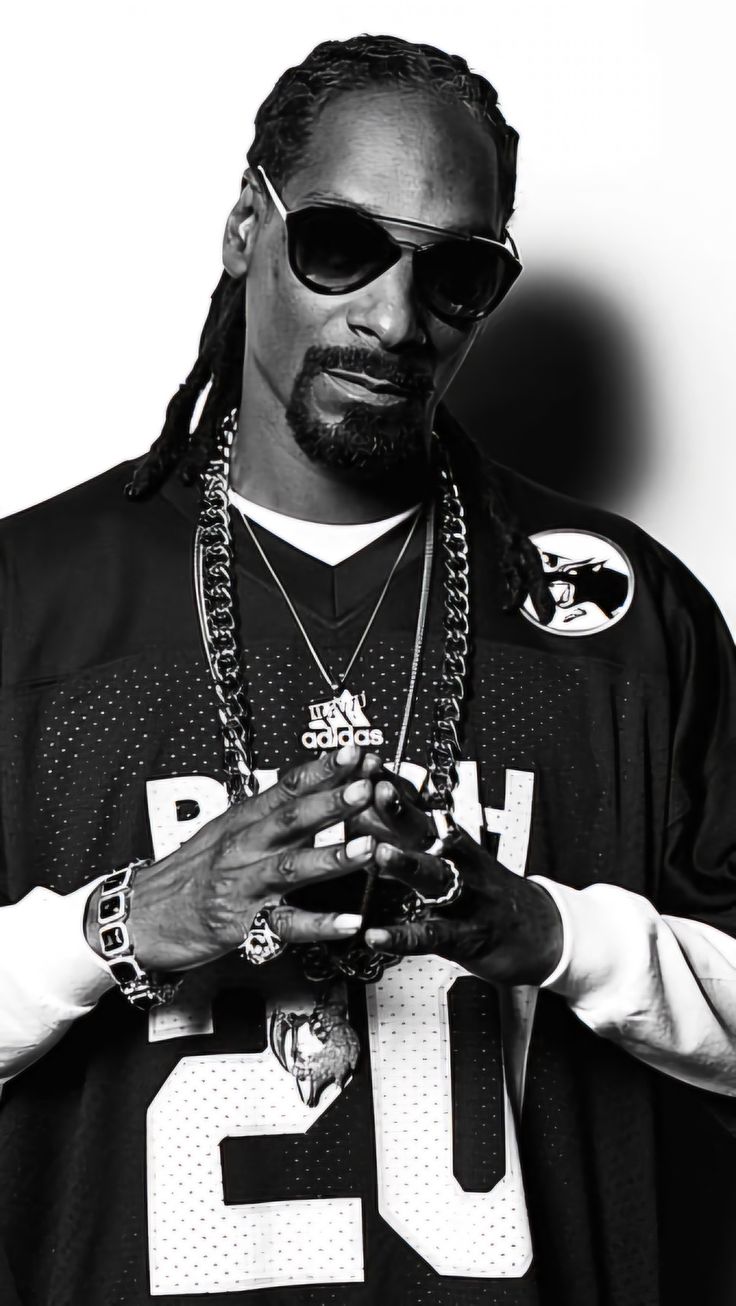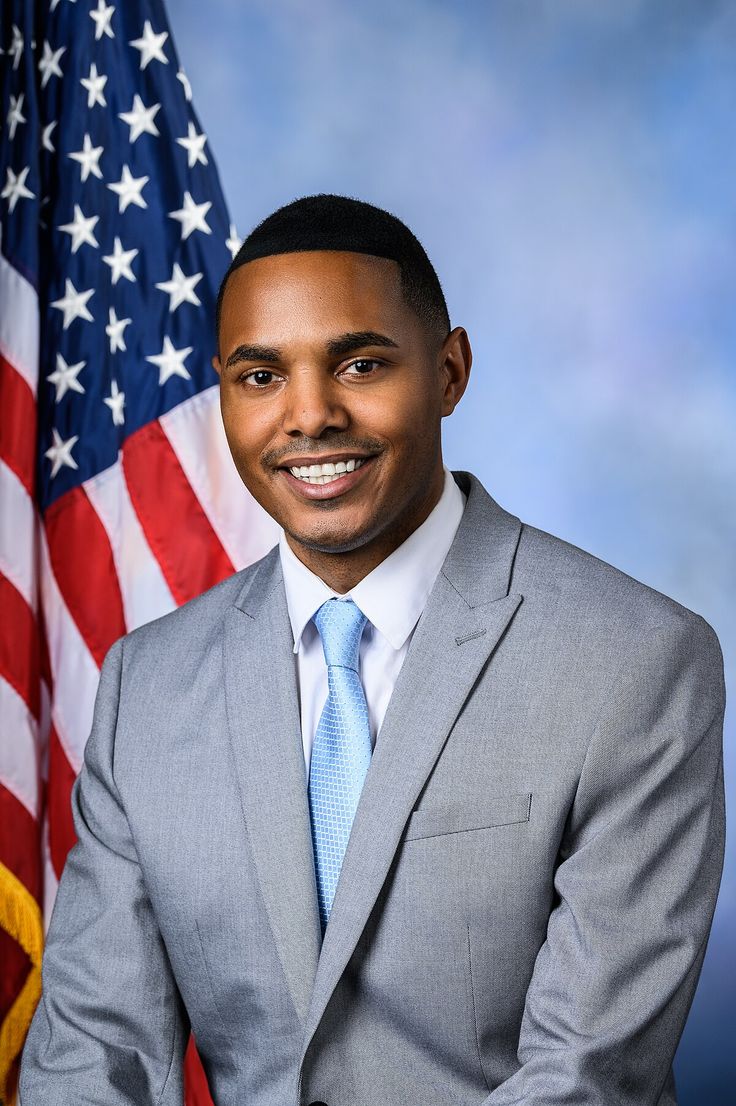“Snoop Dogg’s Evolution: From Gangsta Rap to Global Icon”
Early Roots in Gangsta Rap (1990s)
Snoop’s entry into the music world was explosive and tied to the rise of West Coast gangsta rap. Growing up in a challenging environment associated with poverty and gangs, Snoop channeled his experiences into spontaneous, authentic storytelling. His big break came in 1992 when he featured on Dr. Dre’s seminal album The Chronic with a smooth flow on tracks such as “Nothin But a ‘G’ Thang”. The collaboration gave birth to Snoop’s distinctive smooth delivery, long vocals, and slang-heavy lyrics that became hallmarks of G-funk, a subgenre that blends funk samples with gangsta narratives.
1993, Snoop released his debut album Doggystyle under Death Row Records, which debuted at No. 1 on the Billboard 200 and sold over 800,000 copies in its first week. “Gin and Juice” and “Who Am I (What’s My Name)?” Songs like “Doggystyle” embodied the essence of ’90s gangsta rap: hedonistic parties, street bravado, and unabashed bravado. However, the era was also fraught with controversy.
Snoop was charged with manslaughter related to a shooting incident in 1993, though he was acquitted in 1996. These legal battles further solidified his “gangsta” image, making him a symbol of the union of hip-hop and real-life danger.b4e461 Despite this turmoil, Doggystyle solidified his status as a rap superstar, influencing generations of artists and bringing gangsta rap into mainstream households.
Musical Diversification and Reinvention (2000s–2010s)
In the early 2000s, Snoop began to shed his tough gangster persona and explore diverse musical styles to broaden his appeal. After leaving Death Row following label drama, he signed with No Limit Records and later Priority Records, and released albums such as Tha Doggfather (1996) and No Limit Top Dogg (1999). These projects showed early signs of growth, incorporating more melodic elements and collaborations beyond his West Coast peers.
A significant change came in 2012 when Snoop adopted the name Snoop Lion for his reggae album Reincarnated, crafted during a spiritual trip to Jamaica. Influenced by Rastafarian culture, he followed this with funk collaborations, such as 7 Days of Funk (2013) with Dam-Funk, and even a gospel album Bible of Love (2018), which debuted at No. 1 on Billboard’s Gospel Albums chart.
The blend of these styles not only kept his music fresh, but also attracted new listeners, proving his versatility in an industry that often lumps artists into a single category.During this time, Snoop’s lyrics matured. Early tracks glorified gang life, but later songs such as Bush (2015) with Parallel Williams emphasized positivity, family, and self-reflection. His 2017 album Neva Left paid homage to his roots, merging nostalgia with contemporary sounds while acknowledging growth.
Business Ventures and Media Presence (2010s–Present)
Snoop’s transformation into a global icon was rapid, thanks to savvy business moves and widespread media exposure. Recognizing the potential of his brand, he ventured into entrepreneurship, launching cannabis products (Leafs by Snoop, later Casa Verde Capital), wine (a 19 Crimes collaboration), and even a children’s music project, Doggieland.
His partnership with Martha Stewart, which began with a cooking program in 2008, evolved into joint ventures such as VH1 Martha & Snoop’s Potluck Dinner Party (2016) and Best Buddies pet products, which transformed his image from a thug to an affable entrepreneur.In the media, Snoop starred in films such as Training Day (2001) and hosted shows such as Snoop Dogg’s Father Hood (2007–2009), which depicted his family life.
His savvy on social media—millions of followers—has kept him relevant, including viral moments like his commentary during the 2021 Olympics’ equestrian event. By 2024, at the Paris Olympics, Snoop has carried the torch, commentated for NBC, and taken on “grandfather duties,” further strengthening his crossover appeal.
Cultural Impact and Legacy
Snoop’s evolution goes beyond music; he’s a cultural chameleon who’s handled the commercialization of hip-hop while staying authentic.e00344 From facing criticism for misogynistic lyrics to advocating for criminal justice reform and marijuana legalization—he testified before Congress in 2019—his evolution reflects societal changes.e09cd5 With more than 40 million albums sold worldwide by 2025, acquisitions like Death Row Records (2022) and ongoing projects, Snoop embodies a reinvention.
His journey is inspiring, demonstrating how someone can overcome adversity to make an impact on a global scale. Whether rapper, businessman or “Uncle Snoop,” his legacy is one of adaptability, charm and enduring cool.
Share this content:




Post Comment